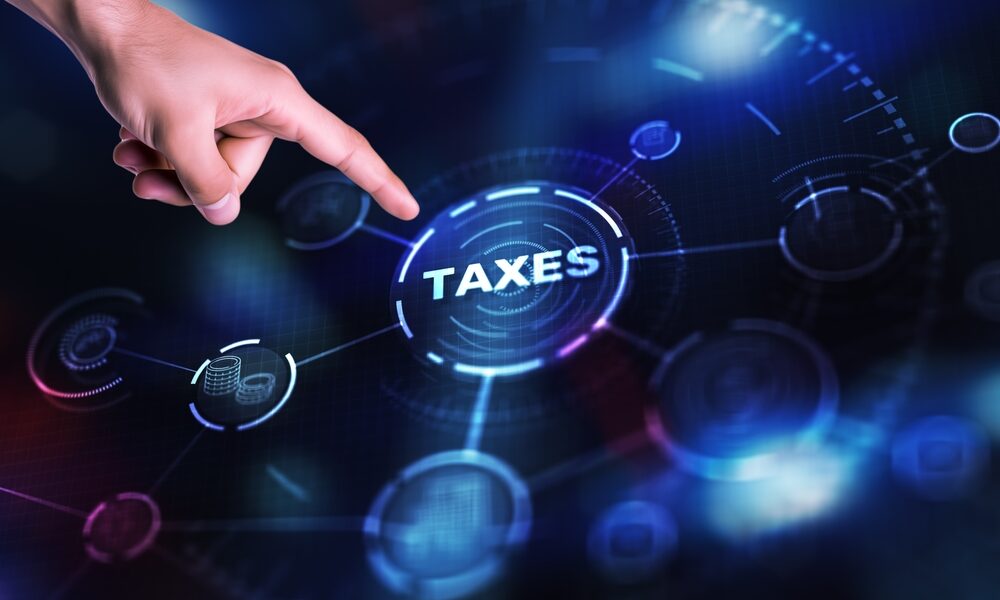This week saw the reemergence of a lurking threat of higher taxation for operators in the UK.
There have been rumbles since the spring that a “harmonisation” of tax policy might be in the offing, but nothing as drastic as what was proposed by the Institute for Public Policy Research in a 14-page policy brief on Wednesday, 6 August.
The document calls for a significant hike in gambling tax as a solution to the growing issue of child poverty in the UK. The think tank suggests that £3 billion ($4 billion) needed to “lift around half a million children out of poverty overnight” could be raised by increasing the general betting duty to 25% and remote-gaming and machine-gaming duties to 50% each.
“The industry is booming,” the IPPR paper’s authors remark, later arguing, “it is worth noting that gambling markets continue to work well under tax regimes with much higher tax rates than our own.”
Former UK prime minister (and chancellor under Tony Blair’s government) Gordon Brown was on the bandwagon quicker than you could say, “I have not seen such deep poverty since I grew up in a mining and textiles town blighted by unemployment”.
In a missive penned to coincide with the publication of the IPPR paper, he also pointed to tax regimes in other jurisdictions as evidence that a 50% rate would not undermine commercial viability.
“Remote-gaming duty (effectively the tax on online slots games) is about 35% in the Netherlands, 40% in Austria, 50% in Pennsylvania, and 57% in tax-haven Delaware,” he wrote, adding the IPPR’s proposals are also far lower than the tax levied on cigarettes (80%) and whisky (70%) in the UK.
“Gambling levies aren’t the only source of revenue that could pay to alleviate child poverty. But this should be one straightforward budget choice,” he concluded.
Brown is perhaps uniquely positioned to ponder the ramifications of gambling taxation, having been Chancellor when the Gambling Act liberalised the UK market in 2005. He certainly saw the potential for revenue generation at the time and that he sees it again now is wholly unsurprising. He may also wish that, 20 years after Labour relaxed gambling laws, a little of the genie could be put back in the bottle.
Unsurprisingly, the Betting and Gaming Council has roundly rejected the IPPR’s proposals as “reckless” and “misleading”. In a response on Thursday, the trade body argued that the suggestions “risk driving huge numbers to the growing, unsafe, unregulated, gambling black market, which doesn’t protect consumers and contributes zero tax”.
The IPPR discreetly conceded there was a potential risk, suggesting the impact on black markets would need “monitoring”, but ultimately wasn’t a “major threat”. According to the IPPR, the spectre of black-market expansion due to tighter regulation or higher taxes is just “an attempt [by the gambling industry] to shape public and political debate against tighter regulation”.
The policy paper went on to say, “While there are legitimate concerns about the risks posed by unregulated gambling, there is a distinction between regulation which makes gambling more difficult to access (e.g., through tighter affordability checks) and higher rates of taxation.
“Not only is there little robust evidence to suggest that stronger regulation would drive large numbers of people to the illegal market, there is even less to suggest that altering the rate of taxation will do so.”
The BGC would beg to differ. “Further tax rises, fresh off the back of government reforms which cost the sector over a billion in lost revenue, would do more harm than good – for punters, jobs, growth and public finances,” it said in its somewhat succinct retort.
Gambling shares have reportedly plummeted by £4 billion as a result of now-elevated fears that Chancellor Rachel Reeves will announce a tax raid on gambling operators in the forthcoming autumn budget. It seems somewhat unlikely at this stage that gambling firms will not be hit, but it may be some time before reforms can be enacted.
For Reeves to ignore this clarion call from the IPPR to alleviate poverty that is strongly felt in many parts of the country would be extremely difficult.
Long before this, polling by the Social Market Foundation in October 2024 suggested that doubling taxes on gambling companies is a popular policy among the public, with 52% saying they would be for the move. Better that than be taxed themselves, and the inevitable truth is … someone is going to have to pay more tax.


